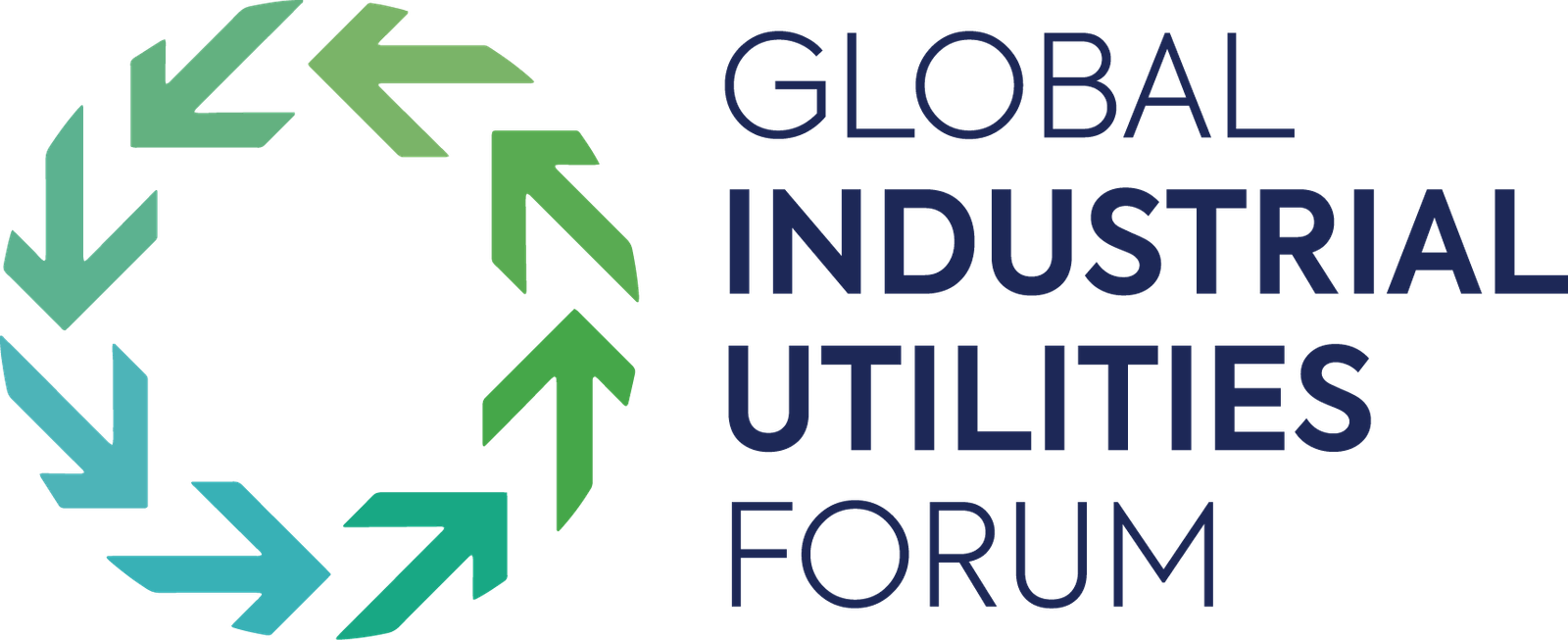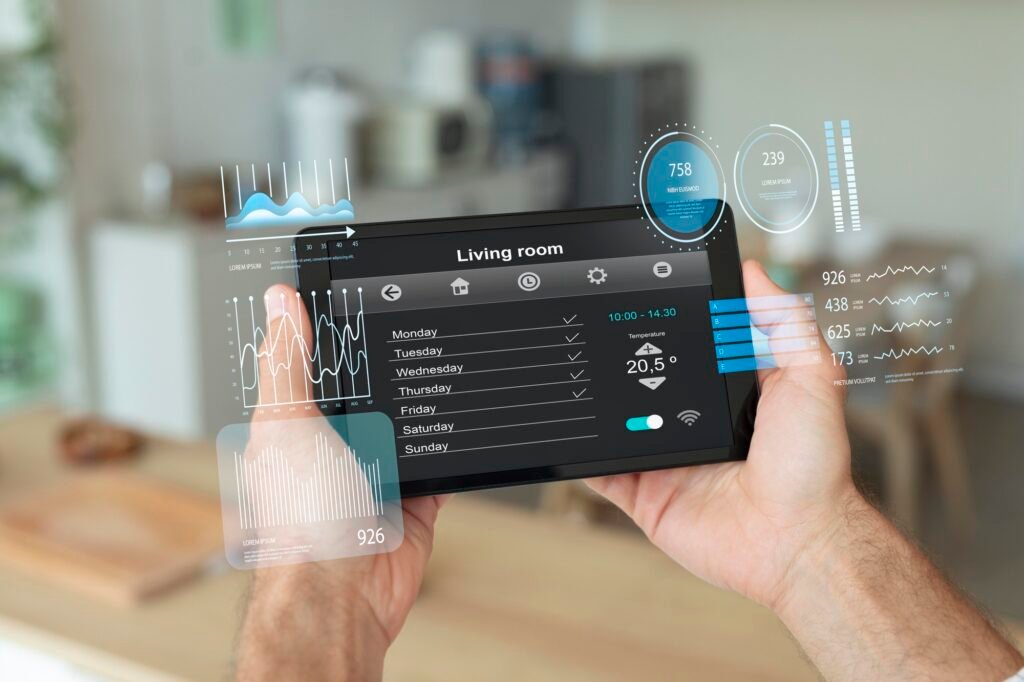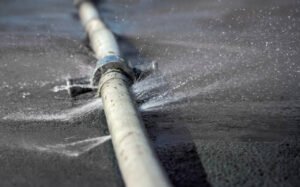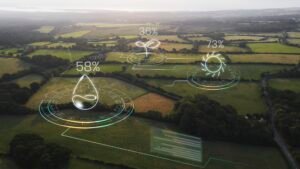Transforming Water Management with IoT
Water conservation is a critical priority for industrial utilities worldwide. As industries strive for sustainability, IoT-enabled smart water meters are revolutionizing how water is monitored, measured, and managed. These advanced metering solutions provide real-time analytics, predictive maintenance, and automated control to optimize water usage and minimize wastage.
How IoT-Enabled Smart Water Meters Work
IoT smart water meters integrate ultrasonic flow measurement, electromagnetic sensors, and LoRaWAN (Long Range Wide Area Network) communication to provide precise and continuous water usage data. These meters are embedded with Machine-to-Machine (M2M) communication, SCADA (Supervisory Control and Data Acquisition) systems, and Artificial Intelligence (AI)-driven analytics to deliver actionable insights.
Key Functionalities:
- Real-time Data Transmission: Uses LPWAN (Low Power Wide Area Network) to transmit live consumption data to centralized cloud platforms.
- Leakage and Anomaly Detection: AI-powered predictive analytics help in detecting leaks, pipe bursts, and irregular consumption patterns.
- Remote Monitoring & Control: Industrial operators can monitor water flow, pressure, and quality remotely using a web-based dashboard or mobile apps.
- Automated Billing & Compliance: Smart meters generate precise billing data, ensuring compliance with regulatory frameworks and water conservation policies.
Industrial Benefits of Smart Water Meters
For industries such as manufacturing, energy, mining, and agriculture, IoT-driven smart water meters offer significant advantages:
- Water Efficiency & Cost Savings: By identifying inefficiencies in real-time, industries can reduce water consumption and operational costs.
- Improved Regulatory Compliance: Automated tracking ensures compliance with water usage mandates and sustainability goals.
- Enhanced Infrastructure Management: Continuous data collection aids in preventive maintenance, extending the lifecycle of pipelines and industrial water systems.
- Sustainability & ESG Goals: With increasing focus on Environmental, Social, and Governance (ESG) metrics, smart water meters help industries meet sustainability benchmarks.
Future of IoT in Industrial Water Management
As digital transformation accelerates, the future of Industrial IoT (IIoT) in water management will be driven by 5G connectivity, edge computing, and blockchain-enabled water transactions. Integrating IoT smart meters with Digital Twins—virtual replicas of physical water systems—will further enhance predictive analytics and operational efficiencies.
Industries that adopt IoT-enabled smart water meters now will gain a competitive edge in resource optimization, cost reduction, and regulatory compliance—paving the way for a smarter, sustainable industrial future.













